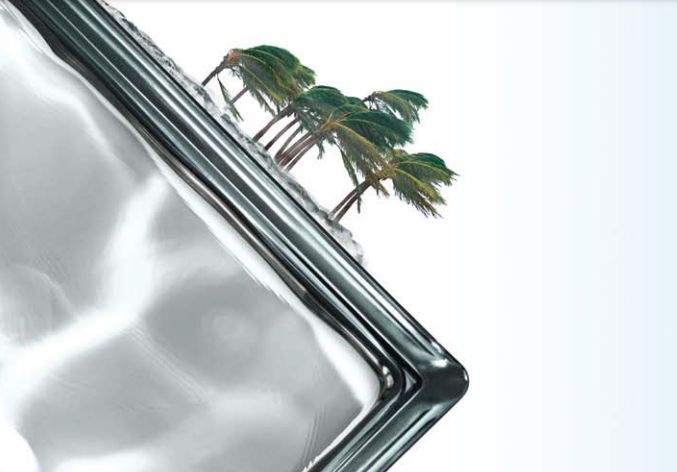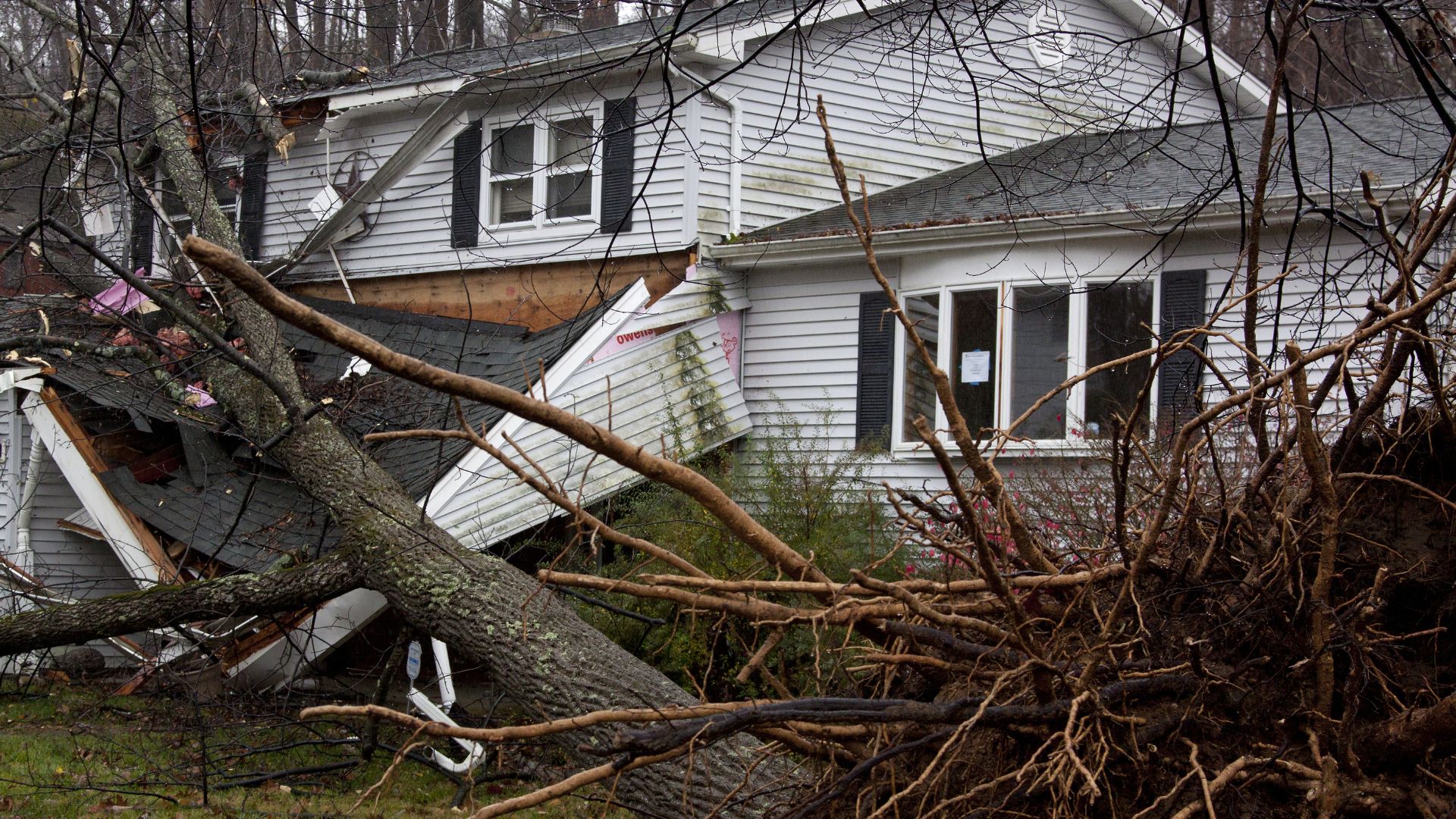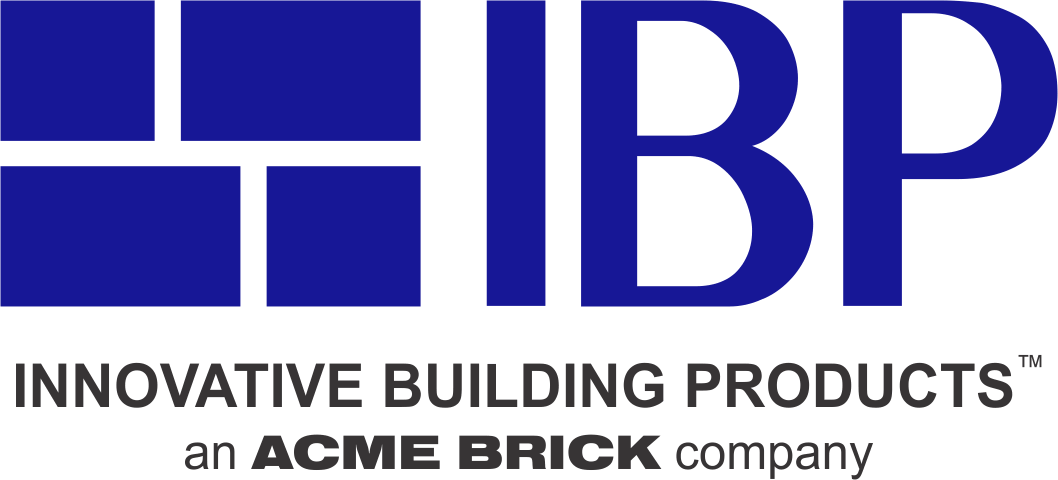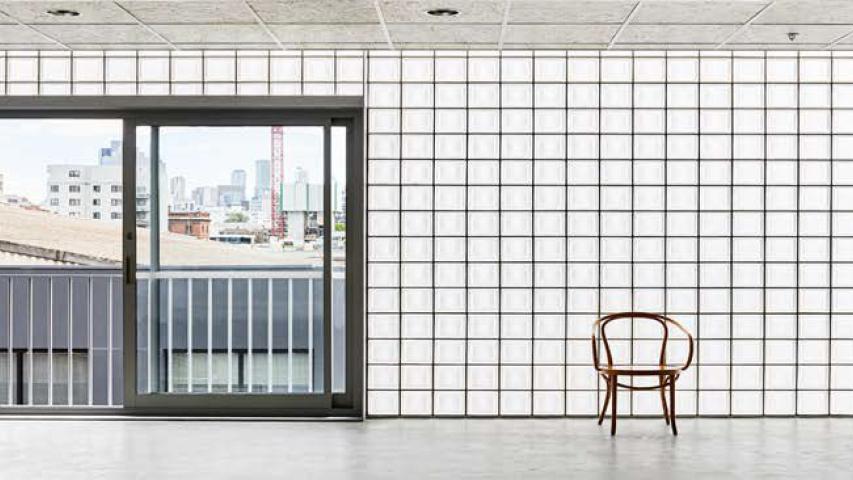When clients find a lovely piece of coastal property and decide they want to build a vacation home, a red flag often goes up for builders. To be specific, two red flags with a black square in the middle of each is the warning for a hurricane!
From June through November, owners of full-time or vacation homes in the heavily populated coastal areas along the Atlantic Ocean, the Caribbean Sea, and the Gulf of Mexico study weather forecasts with particular concern. Why? During this period — the Atlantic hurricane season — conditions are ripe for catastrophic storms that can bring loss of life and property destruction.
One of the most dangerous aspects of hurricanes is the destruction of buildings by flying debris. Advances in construction materials have been developed to help people who live in these hurricane-prone areas rebuff most of these high-velocity projectiles. One of these “hurricane-proof” materials seems counterintuitive at first glance. It’s glass.
Do your clients want to build a vacation home in a hurricane-prone area? Find out more about hurricane-resistant glass block by clicking here.

Light Years Ahead of Conventional Windows
Acme Brick consults with businesses, architects, builders, and homeowners who have property in hurricane-prone regions, and we have seen how glass block can protect the structures from storms that can cause damaging debris projectiles. The technology of manufacturing glass block is light years ahead of where it was just a few years ago. We offer builders one of the best hurricane-resistant glass block for windows in the world.
They are the LightWise Architectural Systems glass block, manufactured by Seves Glass Block.
These glass block are two thick-face shells that are fused together during the manufacturing process (individual glass block are nominally 8” square by 4” thick). Unlike standard glass block, these thick-faced glass block are almost indestructible, and when installed in window frames, they can resist enormous force.
They are ideal for commercial applications where beauty, light transmission, and protection against hurricane-force winds and debris are important. These glass block windows have passed the large impact tests recognized by the International Building Code, Florida, and Dade County requirements. They are approved for use in coastal areas.
The benefits of LightWise Architectural Systems glass block include:
- It’s visually stunning.
- The prefabricated panels are easy to install.
- They are customizable to meet project needs.
- There’s no need for shutters.
- It’s useful for “daylighting” strategies and can contribute to LEED points for the building.
- They protect against hurricane-force winds and flying debris.
- They are available with a range of visibility and privacy options.
- The block is graffiti-resistant, damage-resistant, and easy to clean.
- There is greater security than with conventional windows.

More Tips to Protect Properties from Hurricanes
While storm-resistant windows will help secure a coastal property from flying debris, there are a few other, common-sense ways to protect a client’s home or business from damage. According to this article, it is important to “keep your landscape free of debris. Prune trees and remove dead branches well before the hurricane shows up. Also remove any patio furniture and other loose items outside that can get blown around.”
Since hurricane-force winds can pull buildings apart, “roof structures are particularly prone to being sent flying, a danger to everyone and everything around. Using the correct, and in many places code-mandated, construction fastening system is a must. From tie-downs to lateral anchors, from hold-downs to embedded connectors, the choice of fastener will vary by location and type of construction.”
These experts note that a primary weak spot for hurricane winds is the garage door. If this door is compromised, it can give way, and the roof of the home can be torn off. It is important for the garage door to be installed to withstand this force, or an additional brace should be added.
This article notes, “Try to keep your basement or crawl space dry with a more-than-basic drainage and sump pump system. Create redundancy in the system with two drain tile layers as well as battery backup, or better yet, have sump pumps backed with emergency power.”
Finally, if the property owner is considering building a new home, “in some coastal areas, building codes require that the structure be raised. While garages and storage spaces can be placed on the ground floors of these homes, the construction should be such that the structure does not block a storm surge.”
A Timeless Struggle Against a Force of Nature
Scientists speculate that the turbulent winds of hurricanes have affected planet Earth since it first cooled after the “Big Bang” cosmic explosion. Early humans learned that stronger structures were necessary to survive these regular weather events, and this realization led to the development of sturdy, hurricane-resistant construction materials such as brick. For thousands of years, brick has been a shelter from the storm. Now, the list of protective materials has expanded.
Windows and walls made of glass block, fused together by the massive heat of a kiln, are simply the next step in the evolution of shields against nature’s fury.
If you would like more information on helping your client’s vacation home be safer from the winds and flying debris of hurricanes, click here and talk to an Acme Brick associate.

